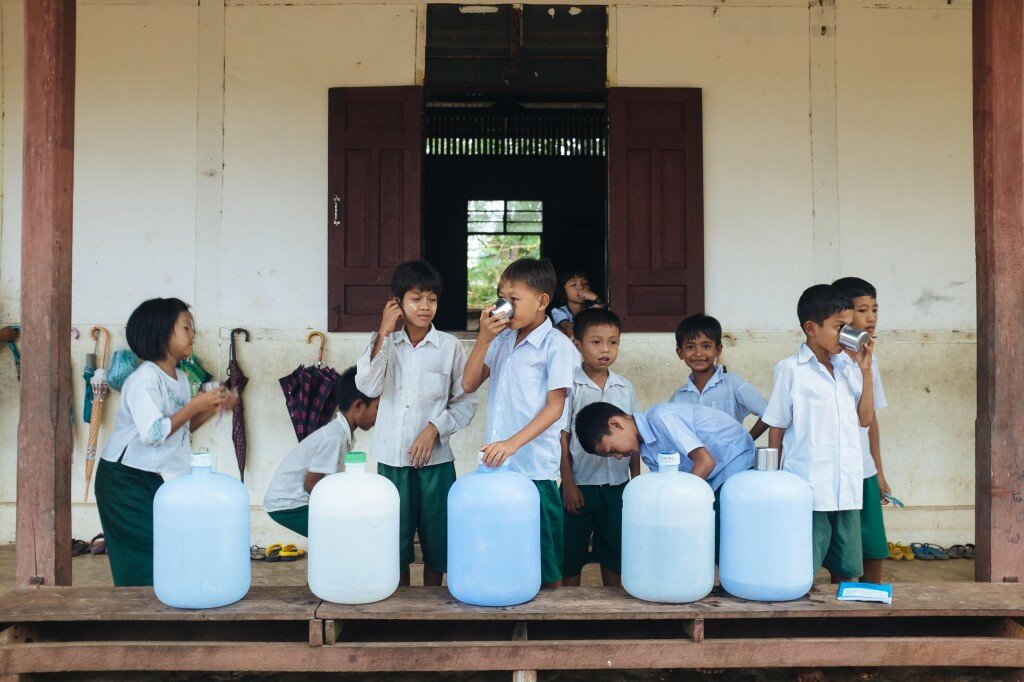Today marks the International Day for the Eradication of Poverty. This year’s theme, “Leave no one behind,” is especially important to me as an advocate for the world’s most vulnerable populations. As former director of the Pan American Health Organization (PAHO) and as a Special Envoy for neglected tropical diseases (NTDs), I have called attention to those who are too often left behind: the 1.4 billion people who suffer from NTDs.
NTDs have devastating consequences for the world’s poorest people. They cause anemia and malnutrition, and can lead to blindness, school absenteeism, disfiguration and the loss of livelihoods. Ultimately, NTDs undercut a family’s earning potential, productivity and ability to escape poverty. If we as a global community wish to end poverty, we must control and eliminated NTDs.
In less than a month, the Group of 20 (G20) will gather in Brisbane, Australia to discuss ways to stimulate economic growth among the world’s vulnerable populations. During G20 Summit, world leaders are expected to discuss financial sector reforms, infrastructure and employment opportunities. However, in order to make the largest possible impact on the world’s poor, the G20 should address global health and NTDs.
The G20 should embrace the fight against NTDs and include them among the most cost effective interventions to eradicate poverty and advance its goal to create a “sustainable path for current and future generations.” NTDs undermine the G20’s collective efforts to build human capital, increase employment opportunities, reduce inequality and expand access to agricultural and nutrition initiatives. NTDs can be eliminated by 2020 and the benefits of achieving this feasible goal will be long lasting.
Evidence has shown that debilitating and blinding NTDs such as lymphatic filariasis (LF) and trachoma can significantly affect a person’s income. For example, LF can lead to a 15 percent annual loss in personal income, and trachoma can cause a total potential productivity loss of $5.3 billion annually.
By addressing NTDs, we can ensure more children remain in school, and more women remain employed and empowered. Women with LF in particular, are vulnerable to stigma, social isolation, lost jobs and diminished wages, further embedding them in poverty. And when children are infected with one or more NTD, their cognitive and learning abilities are reduced making them unable to reach their full potential.
On the International Day for the Eradication of Poverty, I join the Global Network in urging the G20 to recognize NTDs as a key underlying constraint to poverty alleviation and economic growth. In addition, we are urging the G20 to support the inclusion of NTD control and elimination efforts in the final post-2015 development agenda.
In order to ensure that no one is left behind, world leaders must support global efforts to control and eliminate NTDs. Because NTDs already infect the world’s most marginalized populations, we must prioritize their health if we are to end poverty.
For more information on NTDs and the G20, read the Global Network’s report.



